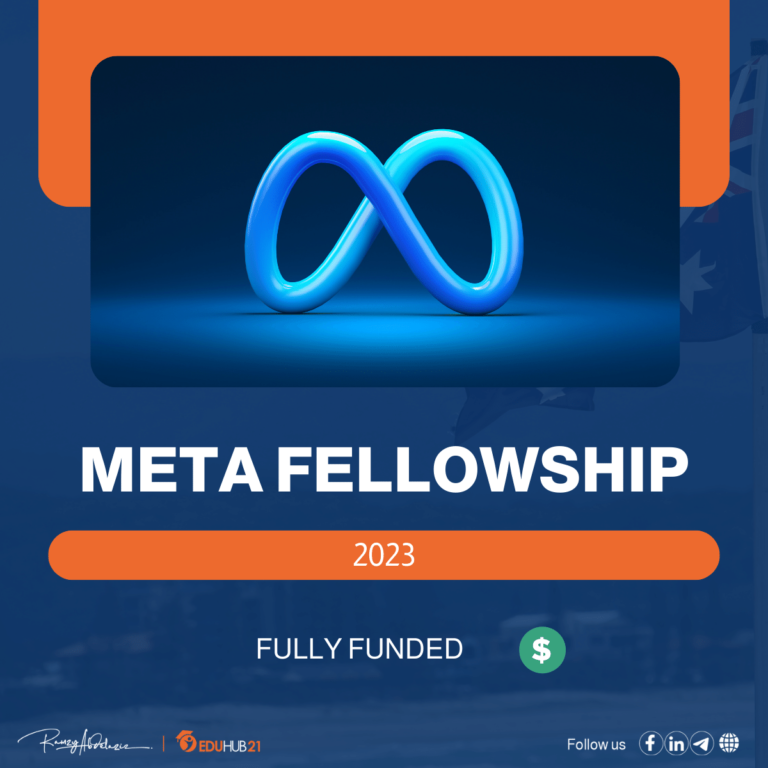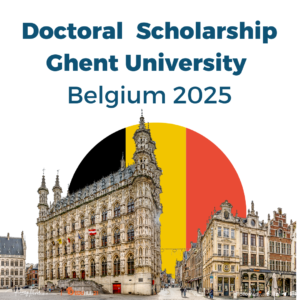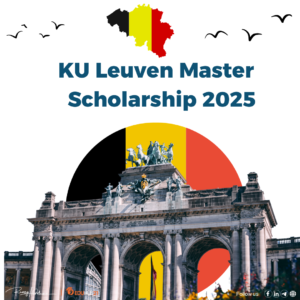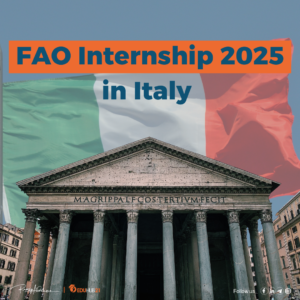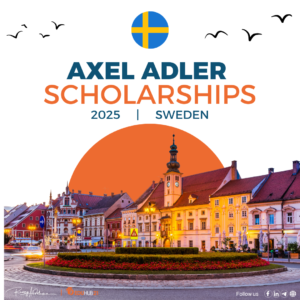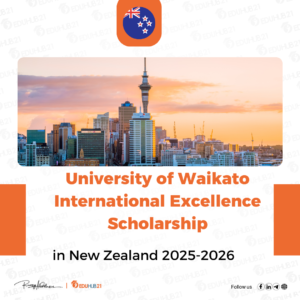Meta PhD Fellowship (Overview)
The Meta Research PhD Fellowship initiative welcomes applications from students at any stage of their doctoral studies. We strongly encourage individuals from a variety of backgrounds and life experiences to submit their applications, particularly those belonging to historically marginalized minority groups. The assessment of applications will consider the quality of the student's research statement, the influence of their research, and the content of their letters of recommendation, and You can read also: Khalifa University Scholarship for International Students 2024
What is the Meta PhD Fellowship?
The Meta PhD Fellowship stands as a prestigious and transformative opportunity for exceptional individuals aiming to pursue their doctoral studies in a variety of fields. This fellowship is offered by the Meta Foundation, an organization dedicated to fostering groundbreaking research and nurturing the next generation of scholars. If you have a burning passion for research and a desire to make a lasting impact on your chosen field, the Meta PhD Fellowship is tailor-made for you.
Benefits of the Meta PhD Fellowship
Embarking on a Meta PhD Fellowship journey comes with a plethora of benefits. Not only does it provide financial support throughout your doctoral studies, but it also opens doors to exclusive resources, mentorship, and a global network of like-minded scholars. Imagine having the freedom to focus entirely on your research, unburdened by financial concerns, while being part of a community that celebrates intellectual curiosity.
Application Process: How to Secure the Fellowship
Securing the Meta PhD Fellowship requires a meticulously crafted application. This typically involves submitting your academic transcripts, letters of recommendation, a research proposal, and a personal statement outlining your research interests and aspirations. The selection process is rigorous, reflecting the foundation's commitment to identifying candidates with the potential to redefine their respective fields.
The Fellowship Experience: A Glimpse into Advanced Research
Once you become a Meta Fellow, a world of transformative research opportunities opens up. You will have access to cutting-edge laboratories, state-of-the-art facilities, and a supportive academic environment that encourages interdisciplinary collaboration. This experience is not just about conducting research; it's about pushing the boundaries of human knowledge.
Transformative Research Areas
The Meta Foundation covers a wide array of research areas, ranging from life sciences and technology to social sciences and the arts. Whether you're passionate about unraveling the mysteries of the cosmos or addressing pressing societal challenges, there's a place for you within the Meta Fellowship community.
Funding and Stipend: Fueling Your Academic Pursuits
One of the most significant advantages of the Meta PhD Fellowship is the financial support it provides. Fellows receive a competitive stipend that enables them to focus entirely on their research, unburdened by financial constraints. This financial freedom is a catalyst for innovation, allowing you to dedicate your time and energy to pushing the boundaries of your field.
Collaborative Network: Connecting with Fellow Scholars
As a Meta Fellow, you're not just an individual researcher; you're part of a dynamic and diverse community. Regular seminars, workshops, and conferences provide ample opportunities to connect with fellow scholars, exchange ideas, and embark on interdisciplinary collaborations that can lead to groundbreaking discoveries.
Alumni Success Stories: Realizing the Potential
The impact of the Meta PhD Fellowship extends far beyond the years of doctoral study. Many Meta Fellows have gone on to become trailblazers in their fields, making significant contributions that shape industries, policies, and societies. These success stories are a testament to the transformative power of the Meta Fellowship.
How the Meta PhD Fellowship Impacts Your Career
Earning the title of a Meta Fellow can open doors to unparalleled career opportunities. Whether you choose to pursue a tenure-track academic position, contribute to industry innovation, or drive policy changes, the recognition and prestige associated with the fellowship can give you a competitive edge in your chosen path.
Insights from Current Fellows: A Peek into Their Journey
We had the privilege of speaking with current Meta Fellows, and their stories are nothing short of inspiring. From unraveling the complexities of neural networks to devising sustainable urban planning solutions, these scholars are at the forefront of their fields. Their journey demonstrates that the Meta Fellowship is not just about financial support; it's about being part of a transformative community.
Mentorship and Guidance: Nurturing Brilliance
Guidance from experienced mentors can be invaluable on your research journey. The Meta Fellowship pairs each fellow with mentors who are established experts in their respective domains. This mentorship ensures that you receive the support and insights needed to navigate the challenges of advanced research.

